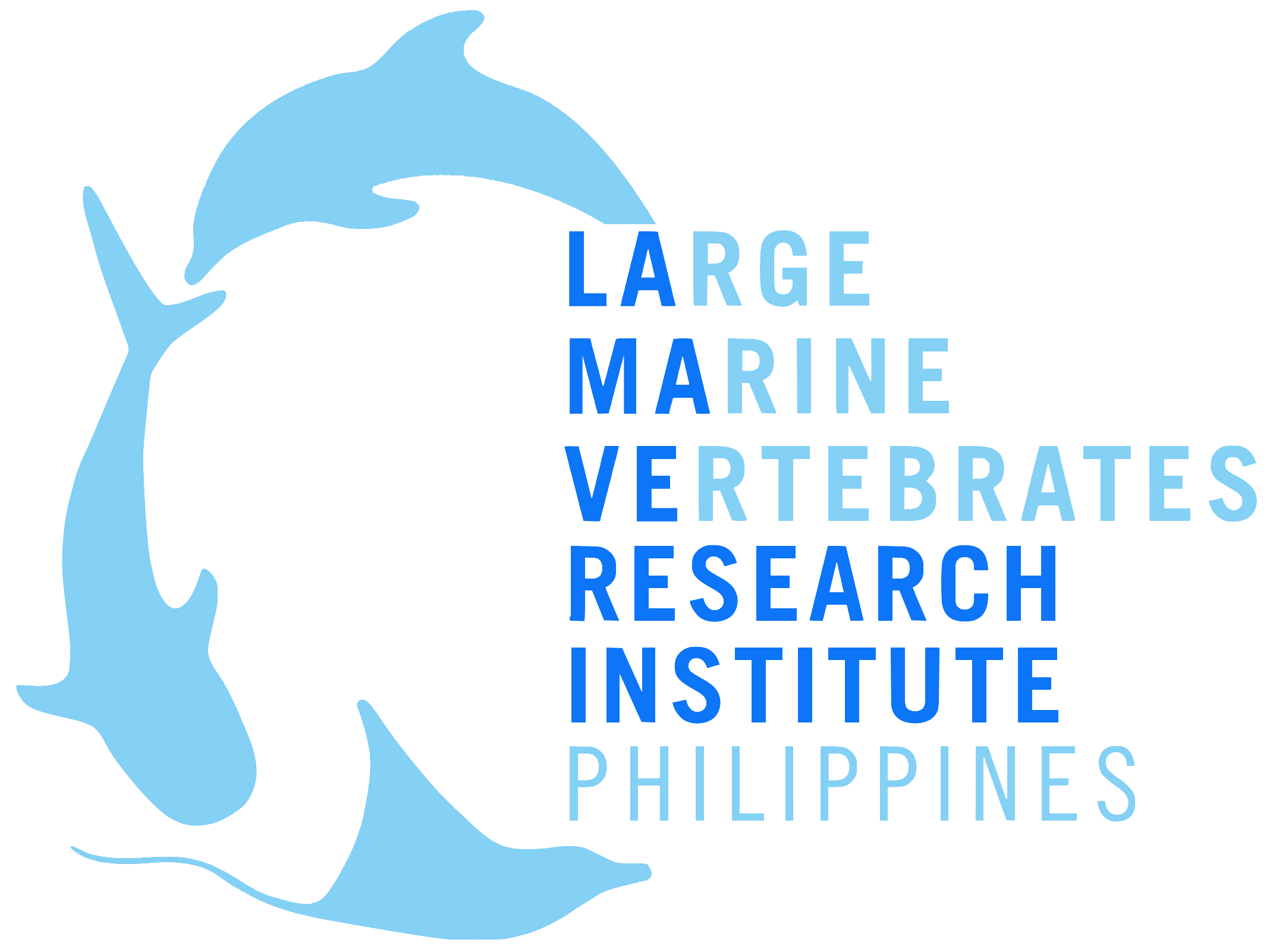STATEMENT
LAMAVE’s position on emerging whale shark tourism in Bohol
Bohol, January 2020, The Philippines is globally significant for whale sharks: the country hosts the second largest known population of whale sharks in the world with over 1800 individuals in the national catalogue. Whale Sharks are an Endangered species and protected in the Philippines under the Wildlife Act (RA 9147), FAO 197, AO 282 and the DA-BFAR Amended Fishery Code (RA 10654), and internationally under CITES Appendix II and CMS Appendix I.
Large Marine Vertebrates Research Institute Philippines (LAMAVE) initiated work with whale sharks in 2011 and set up the first monitoring program in early 2012. To date, LAMAVE is the only Non-Governmental Organization signatory in the Philippines of the Convention on Migratory Species (CMS) Memorandum of Understanding (MoU) on the Conservation of Migratory Sharks and a global partner for the species’ research and conservation, with studies conducted in seven different provinces (Cebu, Southern Leyte, Sorsogon, Palawan, Davao Oriental, Misamis Oriental, Surigao del Norte) and the results published in high impact peer-reviewed scientific journals.
Whale shark tourism activities have emerged from Lila and Baclayon, Bohol where whale sharks are or were provisioned to facilitate tourism interactions. In line with the Philippines commitment to lead and promote sustainable tourism across South East Asia (UNEP/CMS/CoP12/doc.26.2.7), as well as the Vision and Mission of the Province of Bohol, where the province is an eco-cultural tourism destination committed to sound environmental management, LAMAVE does not support these initiatives.
LAMAVE is committed to using data from its scientific research and global standards to identify management solutions to allow the Provincial and Local Government Units, as well as the local communities involved, to ensure the conservation of the whale shark and develop sustainable tourism initiatives that do not involve any form of provisioning. Provisioning includes, but is not limited to feeding, luring, baiting and chumming.
LAMAVE is neither collaborating nor providing support for the provisioning initiatives in Bohol despite circulating rumours from pro-feeding parties. We reiterate our commitment to conduct research to support the Provincial Government of Bohol, Honourable Mayor Piollo of Lila and Honourable Mayor Uy of Baclayon, the LGUs and the local communities if, and only if, the provisioning is stopped and sustainable tourism initiatives are pursued.
LAMAVE requests that any parties currently using its name, logo or other copyright materials (e.g. photographs and tarpaulins) in any activities associated with whale shark provisioning in Bohol, immediately remove them from public use or display.
Sustainable ecotourism initiatives can provide important supplementary and alternative livelihoods to communities in the Philippines, such as that seen in Donsol, Sorsogon, Pintuyan, Southern Leyte and Honda Bay, Palawan, where LAMAVE has already been working for many years with the LGUs and local communities.
LAMAVE believes encounters with whale sharks should be natural and wild, and governments and communities must strive to develop sustainable tourism practices that benefit the social, economic, natural and cultural aspects of the area in which operations take place.
For more information, please contact:
Dr Alessandro Ponzo
Executive Director, Large Marine Vertebrate Research Institute Philippines
a.ponzo [@} lamave.org
For media arrangments, please contact:
Sally Snow
Executive Director, Large Marine Vertebrate Research Institute Philippines
s.snow [@] lamave.org



All LAMAVE team members are safe after #TyphoonOdette (Rai).
The team in Puerto Princesa City Palawan have just received access to communications through SMART (Wed 22 Dec)…